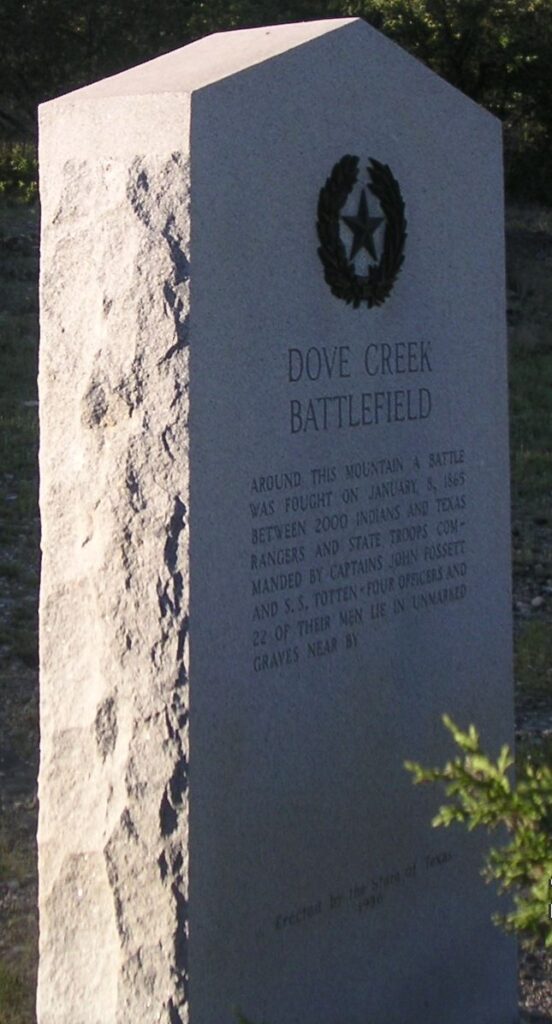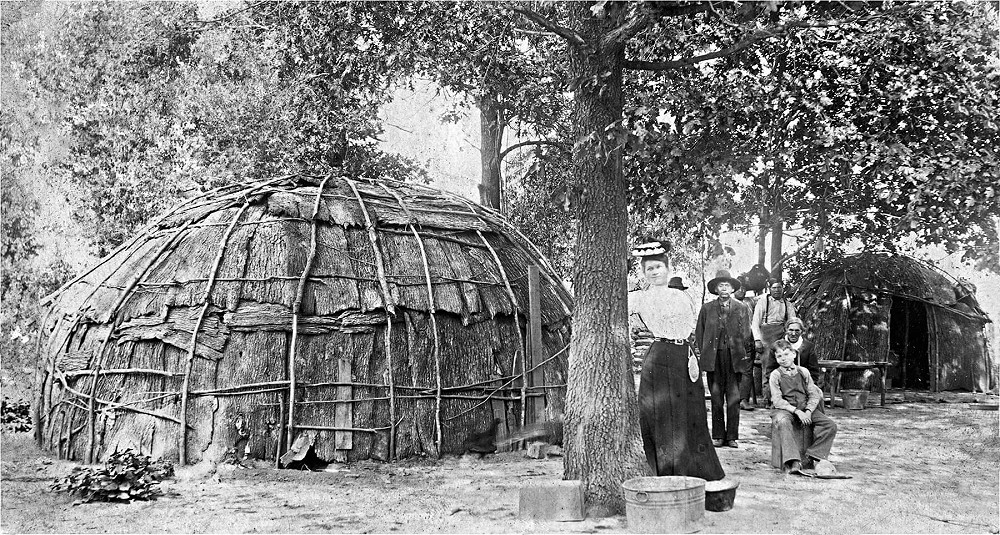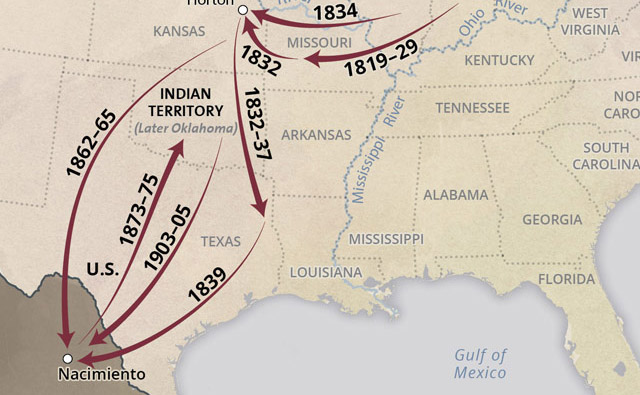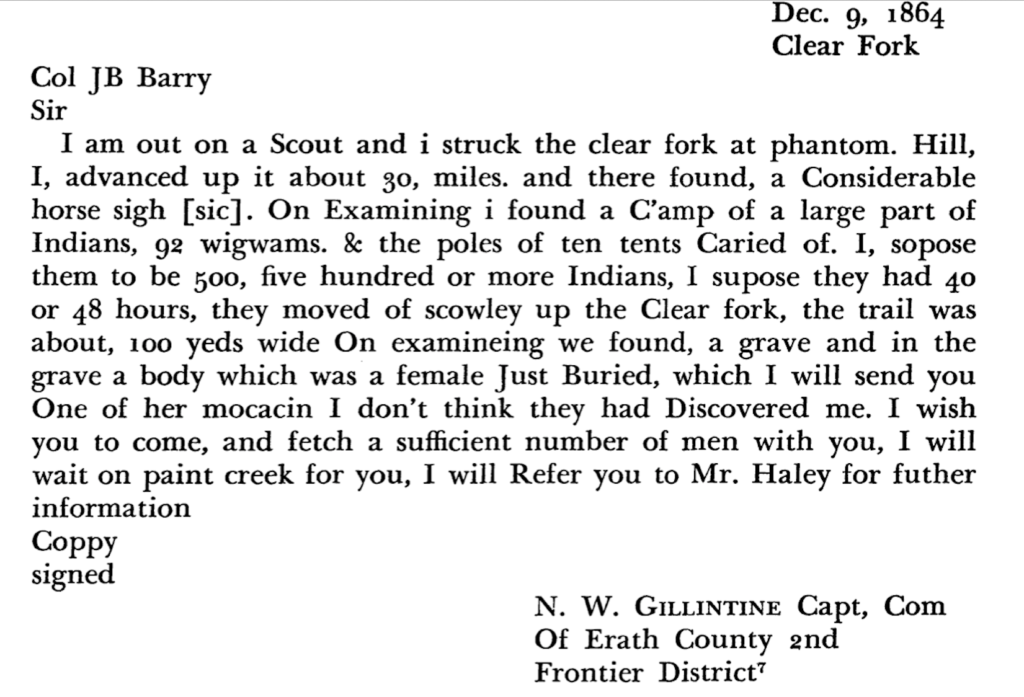#OTD on January 8, 1865, Texas Confederate militiamen, including Texas Ranger captain N. M. Gillentine, attacked a large group of Kickapoo Indians camped on a tributary of the Conchos river about 25 miles southwest of where San Angelo, Texas is currently located.

The Kickapoo being attacked were a large group of families, possibly as many as several thousand, heading to what they hoped would be refuge in Mexico.


Kickapoos were among North America’s most displaced Indian nations, an Algonquin people first encountered by Europeans in the southern Great Lakes that by the 1860s had settlements in the central Great Plans and northern Mexico.
During the Civil War, the Rangers and local militia were used by the state government against Indian peoples, as the U.S Army had abandoned frontier forts and most of the nearly 100,000 white Texas men enlisted in the Confederate Army were sent out of state. Although Comanches took advantage of wartime conditions to push white settlers off of their lands, the migrating Kickapoo had no connection to these bloody conflicts. But Rangers were not particular about which Indians they attacked. In early December 1864, Gillentine came across an abandoned Kickapoo camp, where he robbed a grave of a recently buried corpse.

By the end of the month, a force of more than 300 white Texans and Tonkawa scouts began pursuing the Kickapoos.
The Texans, including sometimes-Rangers Gillentine and Silas Totten, located the Kickapoo encampment and attacked it in the morning of January 8 after a long overnight march. They were routed. Kickapoo fighters were ready for them and had picked their location wisely.

Texan forces suffered 22 killed and 19 wounded; a later report of an interview with an unnamed Kickapoo leader in Eagle Pass indicates 12 Kickapoo combat deaths, but we cannot be certain. Kickapoo abandoned their camp after the fight, and made it to Mexico. Some settled in Nacimiento, Coahuila; others ended up in Eagle Pass, Texas, where much later (
1983), they gained federal recognition as a sovereign Indian nation and operated a government and casino.

The clash at Dove Creek reflects the Rangers’ generally indiscriminate warfare against Indians, a theme that will be pursued in later updates. The story defies two distinct but sometimes overlapping popular narratives about the Rangers and Indians – that Indians were passive victims overrun by history, and that the Rangers were so tough they always won their battles.
